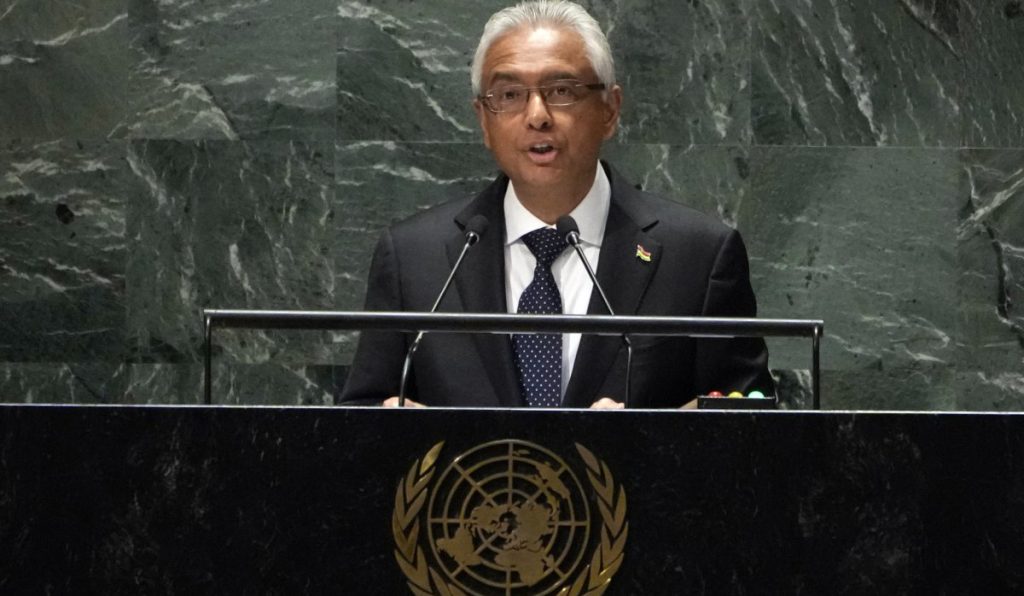Mauritius, a small island nation in the Indian Ocean, has made headlines in recent days due to a government decision to block social media platforms temporarily ahead of its upcoming elections. The move, which has sparked widespread controversy, comes amid a growing wiretapping scandal that has deeply divided the nation.
The decision to block access to popular social media sites, including Facebook, Twitter, and WhatsApp, has been framed by the government as a necessary measure to curb the spread of misinformation and ensure a fair and orderly electoral process. Authorities argue that the suspension of these platforms will prevent the manipulation of public opinion and safeguard the integrity of the vote. However, critics have raised concerns about the potential abuse of such powers, claiming that the government is using the social media blackout to silence political opposition and limit free expression in the lead-up to the election.
The controversy surrounding the media blackout is further compounded by the ongoing wiretapping scandal, which has rocked the Mauritian political landscape. Leaked documents and whistleblower testimonies have revealed that the government has been allegedly involved in extensive surveillance of journalists, opposition figures, and activists. These revelations have raised serious questions about privacy rights, government overreach, and the use of state resources for political gain.
Opposition parties have accused the government of attempting to stifle dissent and manipulate the electoral process by controlling the flow of information. Social media has become a crucial tool for political campaigning in Mauritius, and blocking access to these platforms during a highly contentious election is seen by many as an attempt to suppress opposition voices and maintain control over the narrative. International human rights organizations have also expressed concern over the move, warning that it sets a dangerous precedent for the erosion of digital freedoms in the country.
The wiretapping scandal, which has led to calls for an independent investigation, has further exacerbated tensions in the lead-up to the election. Many Mauritians are questioning the government’s commitment to transparency, democracy, and the protection of individual rights. As the election approaches, the nation finds itself at a crossroads, grappling with the balance between national security, freedom of speech, and the integrity of the electoral process.
In this volatile political climate, it remains to be seen how the social media blackout and wiretapping revelations will affect the outcome of the election and the future of democratic governance in Mauritius.
